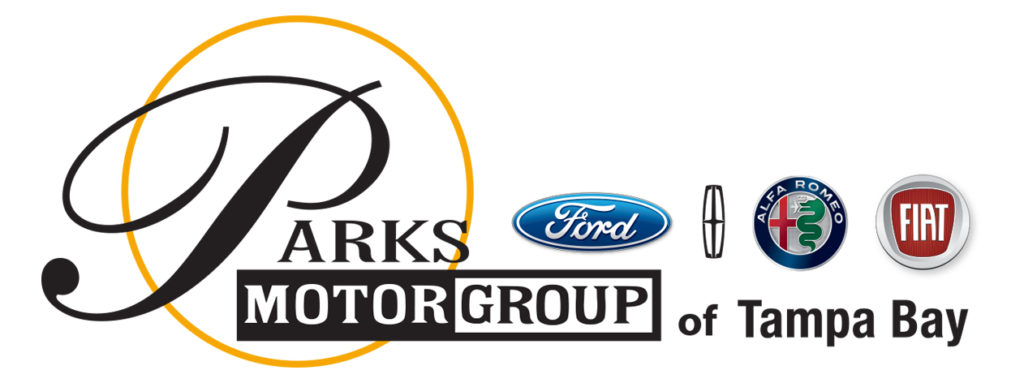The wide and abiding appeal, boarding at times on worship, of an eccentric 73 year old country music diva is curious. Dolly Parton continues to captivate a wide following and recently has captured the world of new pop-media. “Dolly Parton’s America,” an eight part podcast produced by WNYC’s Jad Abumrad, pictures her as a Madonna icon on its cover art. And just to be clear, that is the mother of Jesus, not the other pop artist. Dolly herself produced a new Netflix miniseries, “Heartstrings” depicting her most popular songs told in short vignettes. A whole new generation of fans is cultivated at age 73!
One question that commentators often puzzle over is how her appeal transcends segments of our society that are often at war. She is wildly popular with both the religious/political right and the left. In the second episode of “Dolly Parton’s America,” Jad Abumrad offers up a theory. Forgiveness. In this episode Abumrad talks with Dolly about her tumultuous relationship with Mr. Grand Ole Opry, Porter Wagoner. He, in effect, made her career by bringing her on as his second for his popular television program in 1966. When she later broke her contract and left the show to chart her own course, he sued her for damages. She settled, purchasing her freedom for one million dollars. “He just did that out of anger,” she explains tersely. Later in his life when Wagoner hit serious financial trouble, Dolly bailed him out. She purchased his production company for half a million dollars and then gifted it back to him as a thank you for all he had done for her. When Porter died in 2007 Dolly was at his side expressing her love to him. Forgiveness costs the one who extends it.

In the interview Jad presses her for more. “If it had not been for Porter,” Dolly explains to an incredulous host, “I may not be sitting right here in this chair right now.” Jad then offers up his theory explaining her transgenerational, transcultural attraction. “One of the reasons you can have the crazy broad appeal that you have, into so many different communities that normally hate each other,” he suggests, “is because of those acts of forgiveness. Does that vibe with you?” She replies, “Yea but I…forgiveness? Forgiveness is all there is.”
There is power in forgiveness, which is why it appears with force in pop culture more broadly. In Lin-Manuel Miranda’s “Hamilton,” one of the most moving scenes and songs comes as Eliza and Alexander move “uptown” after the death of their son Philip, who died in a duel with revolvers supplied by his own father. There in rural isolation Eliza takes Alexander’s hand and the chorus sings, “forgiveness. Can you imagine?! Forgiveness.” Can you imagine being forgiven by one whom you have hurt so deeply it would be impossible to repay them? They must bear the cost. You receive the grace.
The obverse side of this is depicted in the Rhod Dhal’s animated movie version of “The BFG.” For the uninitiated, that stands for Big Friendly Giant. The BFG and a little girl named Sophie are catching dreams together one night when she inadvertently catches a nightmare. When she is warned of the terrible danger of this particular nightmare, Sophie inquires as to what makes it so terrifying. The BFG quietly and soberly explains its horror: “Look what you has done. And there be no forgiveness.” When Dhal searches for the worst nightmare a human being can face, he reaches into every human heart and captures it in ten words: “Look what you has done. And there be no forgiveness.”

Forgiveness has the power of universal appeal because we all need it. And whether we admit it or not, this primal fear of condemnation and hopeful longing for forgiveness is an echo from another world. It is a horrifying nightmare to think that there is no pathway to deal with my troubled soul before a God who sees all and who is the perfection of beauty and holiness. The apostle Paul summarizes the human condition by saying simply, “for all have sinned and fallen short of the glory of God” (Romans 3:23). We were made for God. We have all transgressed his standards. We all long to be made right. Forgiveness is the path. Without it, there is only the night terror of guilt and shame.
As we enter what the Christian world calls the Advent season, culminating in Christmas, it would do us well to remember that at the heart of that tradition one finds forgiveness. Hope for forgiveness is at the core of the Christian faith. He who knows “what you has done” also offers up forgiveness. The most powerful words Jesus spoke in his dealings with human beings were, “your sins are forgiven” (Luke 7:48). Contrary to popular misconceptions, however, forgiveness is not “live and let live.” It is not a bland acceptance of our personal, preferred manner of life. It is costly to the one who offers it, and it transforms all who receive it. This is what Christians mean when they say, “Christ died for our sins.” He died in the place of those who deserve death and condemnation for sin. But, by trusting in his mercy and grace, purchased through his death and resurrection, we can experience ultimate forgiveness. The innocence of the manger cannot be divorced from the horror of the cross. At the cross mercy is secured. The terror of guilt and shame is addressed. One who was innocent pays the price, taking to himself the curse of death in the place of the guilty, in order to offer forgiveness to all who trust him for it. Which, as Dolly put it, “is everything.”
Jad Abumrad found the secret to Dolly’s appeal, it is the universal longing for and hope of forgiveness.








